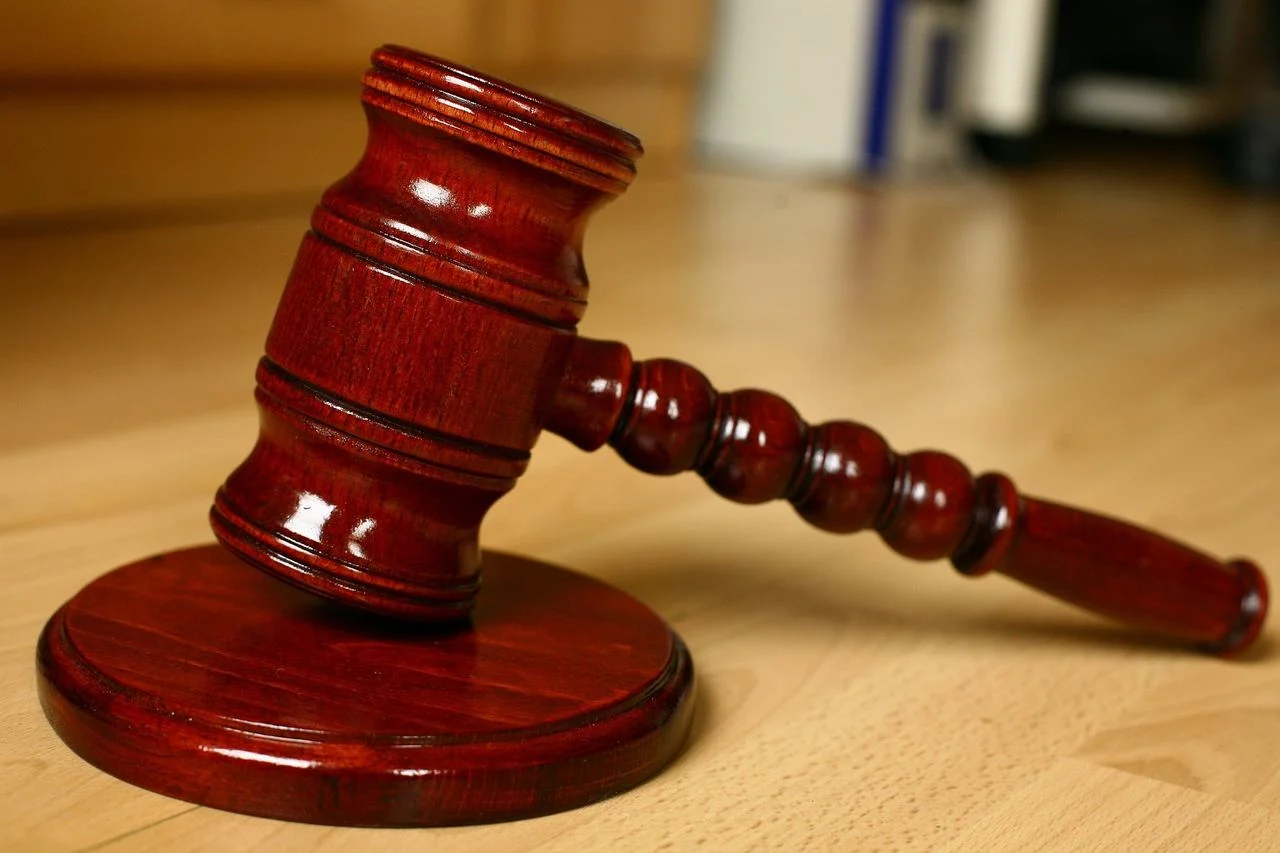Maximizing Compensation in Personal Injury Cases

If you’ve been injured due to someone else’s negligence, it’s only fair that you receive the compensation you need to cover your medical bills, lost wages, and other damages. However, the path to securing maximum compensation in a personal injury case can often feel like a labyrinth. This post will shed some light on key strategies that can help enhance your claim’s potential.
Understanding the Full Spectrum of Damages
Damages in personal injury cases aren’t limited to medical bills or lost wages. It’s crucial to account for the full scope of your losses, including physical pain, emotional distress, loss of enjoyment of life, and, in some severe cases, permanent disability or disfigurement. A comprehensive documentation of these damages can significantly increase your claim’s value.
Preserving and Gathering Evidence
Evidence forms the bedrock of any personal injury claim. Without substantial evidence, proving negligence and attributing fault can be challenging. Photographs of the accident scene, medical records, witness testimonies, and any other pertinent pieces of evidence should be preserved and gathered meticulously.
Medical Treatment and Documentation
Consistent medical treatment and comprehensive medical documentation go hand-in-hand when building a solid personal injury claim. Apart from aiding your recovery, regular medical check-ups serve as documented evidence of the severity of your injuries and the ongoing impact on your life.
Avoiding Early Settlement Offers
Early settlement offers from insurance companies may be tempting, but they rarely reflect the true value of your claim. These initial offers are often calculated to minimize the insurer’s payout. It’s important not to rush into a settlement without understanding the full extent of your injuries and other losses.
The Role of a Skilled Personal Injury Attorney
A seasoned personal injury attorney can be your most valuable asset when navigating a personal injury claim. They can provide legal advice, help gather evidence, negotiate with insurance companies, and, if necessary, represent you in court to ensure that your claim is valued fairly.
Factoring in Future Needs
Many injuries have long-term effects that extend far beyond immediate medical bills and lost wages. Future medical expenses, changes in your ability to work, and long-term pain and suffering should all be considered when calculating your claim’s value.
Patience and Persistence Pay Off
Personal injury claims can be a test of patience and persistence. While the process may take time, steadfastness can pay off in the form of a more substantial settlement or court judgment.
Conclusion
Maximizing compensation in a personal injury case isn’t about chance—it’s about careful strategy, meticulous documentation, and professional legal guidance. Understanding the full scope of your damages, preserving evidence, securing thorough medical documentation, resisting early settlement offers, and considering future needs are all critical to this process. Above all, the guidance of an experienced personal injury attorney can be instrumental in unlocking your claim’s potential and ensuring you receive the compensation you deserve.
